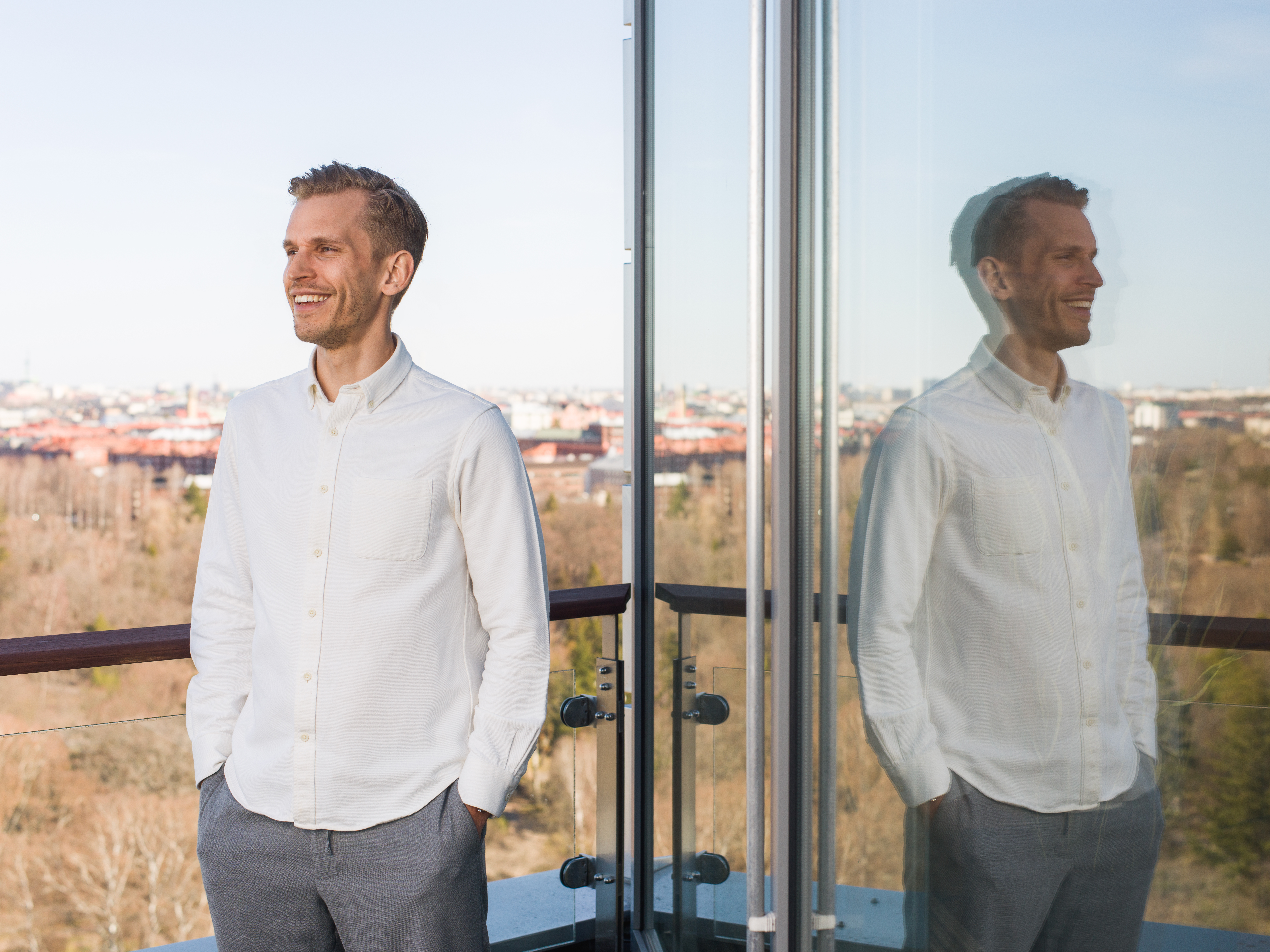Insight: Future-Proofing Business - Balancing Long-Term Strategy and Agile Innovation
In the latest episode of The re:make, host Antti Vainio is joined by Ville Solja from Kiilto, to explore the urgent need for innovation in the built environment; the importance of long-term thinking; and how businesses can position themselves to remain relevant in a rapidly changing world.

The scale of the built environment's contribution to global sustainability challenges is huge. About 40% of global greenhouse gas emissions come from the built environment, and cities consume roughly 70-75% of natural resources, making this sector pivotal to achieving climate goals. Ville Solja, vice chair and chief business development officer as well as a fourth-generation leader at Kiilto, shares insights from both his family business’s journey and the broader challenges facing industries today.
One eye-opening statistic Ville shares is the fact that, given current rates of urbanization, the world would need to build a city the size of Paris every week for the next 30 years to meet the demand for housing and infrastructure. This staggering challenge highlights the urgency of developing sustainable solutions for construction and urban development.
Ville stresses that for businesses operating in the built environment—or any industry, for that matter—remaining relevant means being part of the solution to these urgent global challenges.
If you're not working towards solving these issues, you risk becoming obsolete.
Ville points out that the rapid pace of change in technology and regulation is forcing businesses to think ahead, not just for the next few years, but for decades to come.
One of the most compelling insights from the episode is how businesses can approach this. Ville advocates for focusing on both maintaining and defending the core business while simultaneously nurturing new areas of growth and exploring disruptive ideas for the future. This approach allows businesses to stay agile and innovative while continuing to deliver value in their established markets.
Circularity and Collaborative Solutions
A central theme of the discussion is circularity in the built environment, where Ville emphasizes the importance of designing for reuse rather than disposal. He shares examples of how innovative technologies, such as debonding on demand adhesives, can enable materials like tiles to be reused rather than discarded during renovations. Such innovations not only reduce waste but also support a broader shift towards circular construction practices.
Ville also highlights the importance of collaboration. Solving the challenges of the built environment requires an ecosystem approach, where established businesses, startups, and different stakeholders work together to drive sustainable innovation. He mentions initiatives that bring together various players across the value chain, from architects to construction companies, to co-create solutions that meet both environmental and business goals.
Lessons for All Businesses
Whether you’re in the built environment or another industry, the lessons from this conversation are clear: businesses must innovate, collaborate, and think long-term if they want to remain relevant in the face of global sustainability challenges.
The episode serves as a reminder that sustainability is not just a buzzword—it's a critical component of any business strategy. Companies that recognize this and act accordingly will not only survive but thrive as part of the solution to some of the world's most pressing challenges.
By embedding sustainability into their core and thinking ahead, businesses can align their goals with the future of the planet, ensuring they stay relevant.
/Antti Vainio
The re:make is our new monthly podcast available now on all major platforms. Listen now on Spotify, Apple Podcasts or on the link below.
